what to eat for hypothyroidism
Happy Thyroid Awareness Month, my girls!
I'm pretty pumped to spread awareness this month. If you know my story at all, you know that figuring out my hypothyroidism was an absolute game-changer for me! (Like, seriously, if you haven't watched that video, you should!)
And it seems so crazy, but of the 20 million people living with thyroid conditions, medical experts estimate that about 60% of them don't even know! And since women are more likely to have a thyroid issue than men, this is a great month to talk with your girls.
Make sure everyone's feeling good. If you or any of your friends or family members have weird, unexplained symptoms, don't sleep on them! It took me a while to figure out the right treatment for me and that's really common with thyroid stuff, but it's soooo worth it to get your body regulated so you can feel your best!

In honor of Thyroid Awareness Month, I wanna do two things. First, I think we should all talk about common thyroid issues and their symptoms. That way, you know what to watch for. And then we'll talk about what to eat for hypothyroidism because nutrition has been so big for me.
Common thyroid conditions
Thyroids are finicky little things. This tiny little gland on your neck plays a huge role in your body, so any problems with your thyroid can affect you in a ton of ways.
The two most common thyroid conditions happen when your thyroid either does too much or too little. So let's take a look at both sides of the coin.
Hyperthyroidism
Your thyroid makes key hormones. When you have hyperthyroidism, your thyroid works overtime, producing too much of those hormones.
A lot of the symptoms of hyperthyroidism are pretty similar to having way too much coffee. But if you have this condition, you live with them pretty much all the time. Ugh.
Some of the most common symptoms of hyperthyroidism are:
- A racing heartbeat
- Nervousness and/or anxiety
- Sweating
- Shaking
- Sleep problems
- Thinning skin
- Hair and nails that are brittle and dry
- Weight loss
- Irritability
Yeah, not ideal.
The most common type of hyperthyroidism is Graves' disease. On top of these symptoms, Graves' disease can cause your eyes to bulge. You might also get thick, shiny skin on top of your feet or on your shins. And you might notice changes in your menstrual cycle or your bowel movements.
Ultimately, if you feel like you have the caffeine jitters a lot but too much coffee can't be the cause, talk to your doc. Hyperthyroidism is treatable and leveling out your gland's hormone production can help you feel wayyyyy better, babe.
Hypothyroidism
Oh, girl. I could say SO MUCH about hypothyroidism. It's been a long road for me to even kind of figure out my hypo, and I still feel like it throws me for a loop whenever I least expect it. If you want to hear the (mostly) latest in my hypo story, check out this blog.
You get diagnosed with hypothyroidism when your thyroid doesn't make enough of its hormones. Thyroid hormones literally affect every cell in your body, so this is a pretty big problem. Without enough thyroid hormone, you might be off in any of the following areas:
- Heartbeat
- Metabolism
- Muscle contraction
- Body temperature
- The replacement of your cells as they die
Oof, right? When you have hypo, you might have symptoms like:
- Weight gain
- Puffiness in your face (cute, right??)
- Depression
- Thinning hair
- Fatigue
- Constipation
- Dry skin
- Muscle weakness, tenderness, and aching
- Heavy periods
Like, honestly, it is not great. If these symptoms seem like you at all, I can't encourage you enough to see your doctor. I lived with this nonsense for so long before I started getting treated for my hypo, and even then it was a long road to get my meds balanced. But, girl, it's SO WORTH IT.
One of the things that has made the biggest difference for me is knowing what to eat for hypothyroidism. Seriously, nutrition has been MAJOR in feeling my best. And, like, because hypo comes with low energy and weight gain, what you eat gives you a way to directly combat the bad stuff hypo does to your body.
If you have hypo, I've got you!
What to eat for hypothyroidism
For starters, I really recommend our LSF 4-week Hypothyroidism meal plan. Seriously, when I'm following this thing (which I am right now), I feel my absolute best.

Plus, the meal plan includes a bunch of educational info on hypo so you can learn more about the condition and what you can do to help yourself if you have it. You also get four weeks of delicious meal plans with five (yep, five!) customizable meals each day. And you didn't think I'd leave you hanging without daily inspo and grocery lists to help, right??
If you really want to learn what to eat for hypothyroidism, the plan is a month-long way to really dial it in.
But to get you started now, here are a few foods you should definitely limit if you have hypo:
Anything processed
This can be anything from processed meats like hot dogs and lunchmeat to cookies. Basically, processed food is going to whack out your body and make it easier to gain weight, something you're already going to struggle with if you have hypo.
Soy
You can have a little bit of soy, but be advised that it contains goitrogens. Goitrogens are compounds that make it harder for your thyroid to function normally — exactly the opposite of what you need if you have hypo.
Millet
This seems weird, I know, but millet can suppress thyroid function.
So what can you eat?

For me, I've found that I feel my best when I'm eating:
Lots of fruits and veggies:
Generally, you're going to feel better if you have a lot of produce in your diet because it's super nutritious. But keep an eye on your cruciferous veggies, because those can be hard on your body if you have hypo. Cooking them makes them easier for you to process.
Lean, grass-fed meat:
I 100% prefer grass-fed meat because it's been found to be higher in vitamins and antioxidants compared to grain-fed meat, as well as having lower levels of saturated fat.
Fish:
Fish is seriously a must for me not only because of its low-fat, high quality protein, but because it's also rich in calcium and minerals, such as iron, zinc, and magnesium.
Eggs:
Egg yolks have selenium and iodine, two nutrients your body really needs if you have hypo.
This is just a quick-start guide. Get the hypo meal plan and I swear, you'll feel amazing!

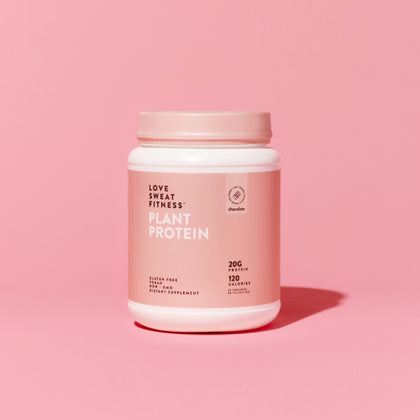
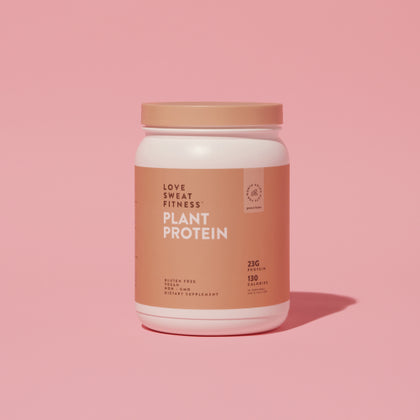
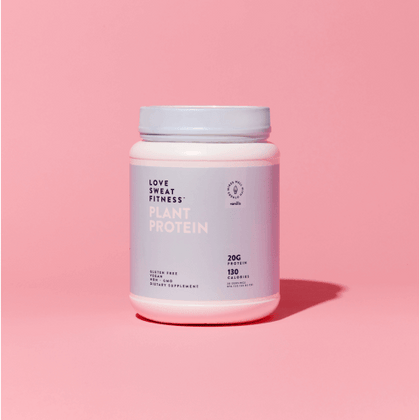
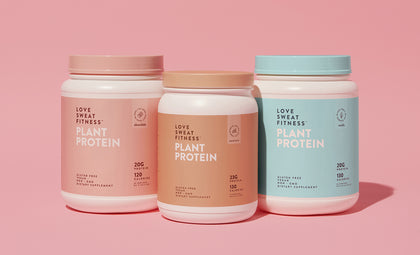
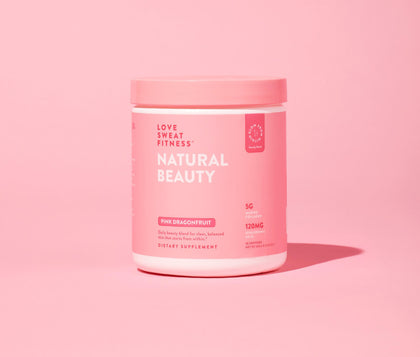
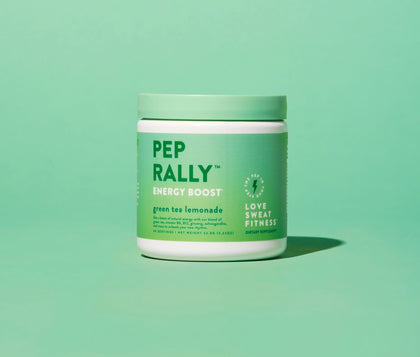
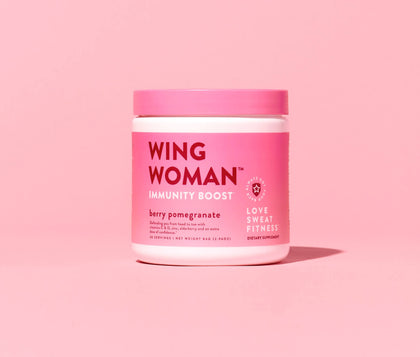



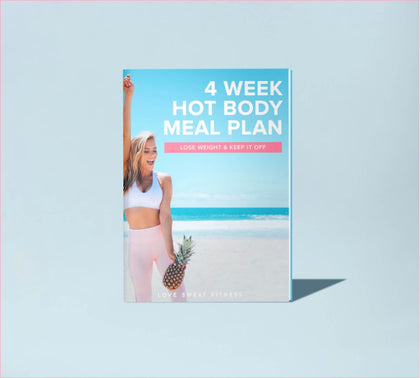


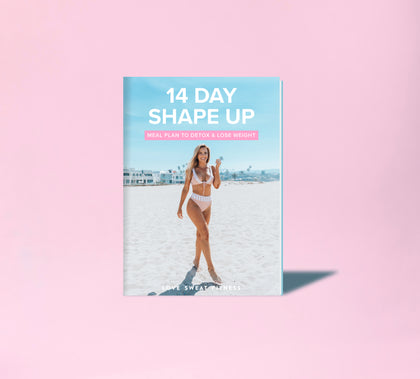


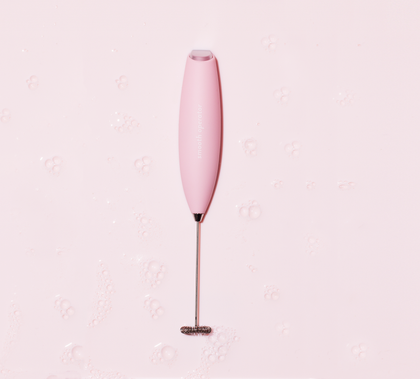
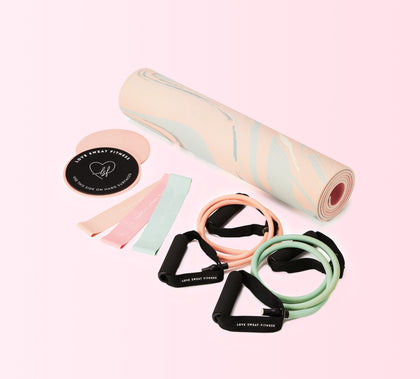

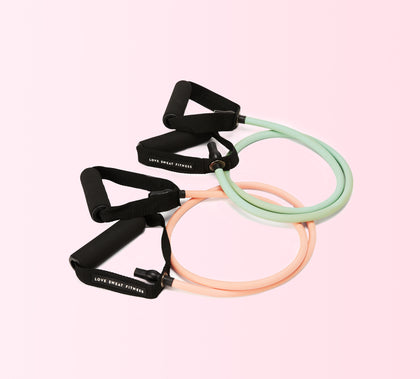







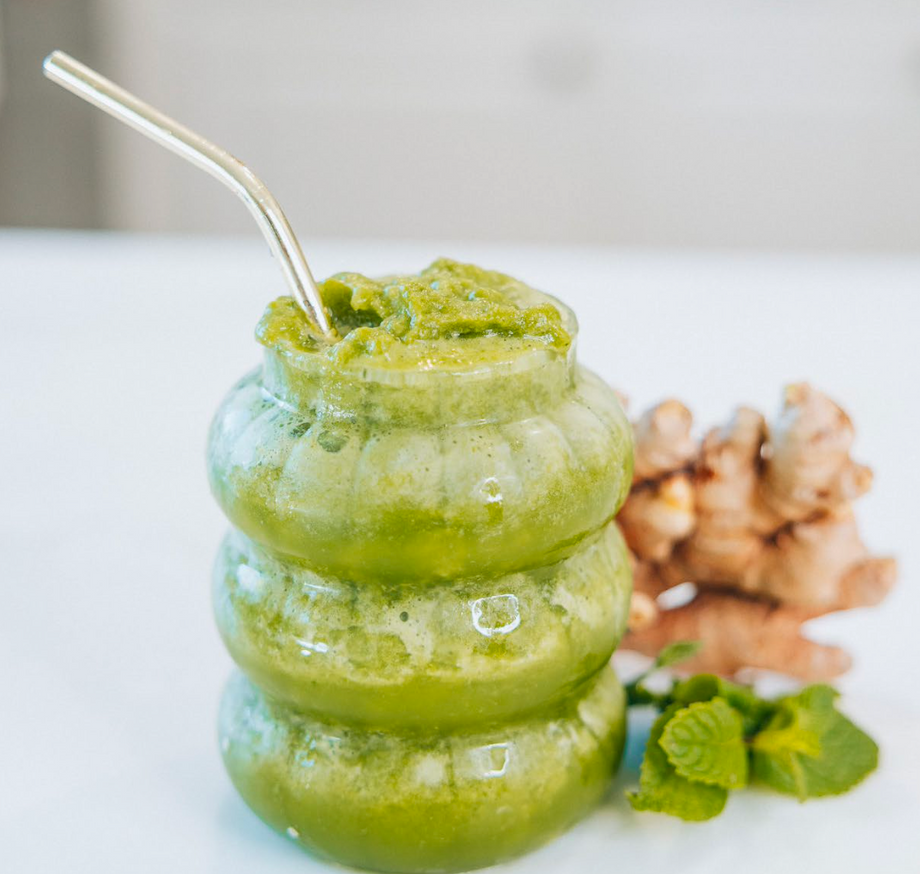
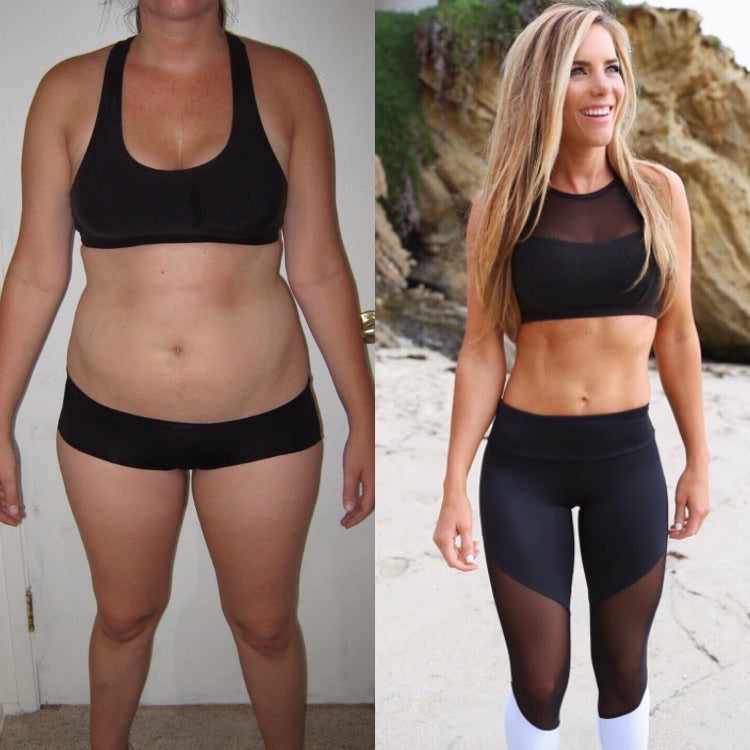

Join the discussion